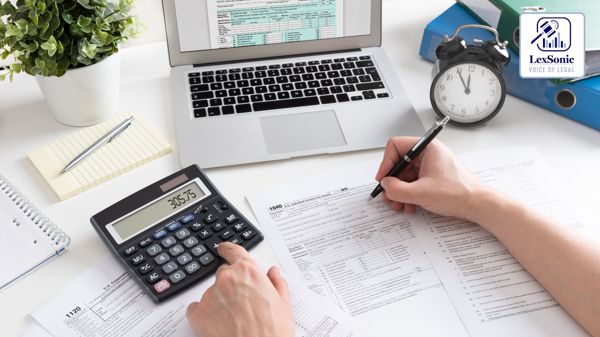Balancing Equity and Compliance: Court Allows Delay in Tax Filing for Charitable Trust.
15 April 2024
Wills/Trusts >> Family Law | Income Tax >> Tax Laws
In a recent case involving Al Jamia Mohammediyah Education Society, Mumbai v/s Commissioner of Income Tax (Exemptions) & Another, a charitable trust registered under the Bombay Public Trusts Act, 1950, the Bombay High Court addressed the issue of delay in filing Form No. 10B, which is crucial for claiming tax exemptions. The petitioner, having filed their return of income for the Assessment Year (AY) 2016-17, sought to condone a significant delay in submitting this form. The court's decision highlights the balancing act required between strict adherence to procedural timelines and the equitable treatment of public charitable trusts.
Case Background:
The petitioner filed its return of income on September 6, 2016, declaring a 'Nil' income and claiming a refund of Rs. 70,710. However, the required Form No. 10B was not submitted until February 15, 2020, resulting in a delay of approximately 1257 days. Upon realizing the oversight, the petitioner filed an application under Section 119(2)(b) of the Income Tax Act, 1961, to condone this delay. The application was ultimately rejected by the authorities, prompting the petitioner to challenge this decision in court.

Reasons for Delay:
The petitioner attributed the delay to a misunderstanding with the Departmental staff regarding the submission process. They claimed that when they attempted to file the form manually, their submission was not acknowledged, and they were directed to file it online. Despite this explanation, the authorities rejected the request, noting that the petitioner should have acted promptly to upload the form after the manual submission was refused.
The rejection also highlighted that the petitioner had filed rectification applications and other documents only after the due date for Form 10B, further questioning their claim of inadvertence.
Court's Analysis:
In reviewing the case, the Bombay High Court recognized that the petitioner had a consistent history of filing returns and Form 10B on time for several years. The court emphasized that human error should be considered in such instances, particularly when no malafide intent was alleged against the petitioner. Drawing on precedents, such as Sarvodaya Charitable Trust v. Income Tax Officer, the court noted that an equitable approach is necessary in such cases, especially for public charitable trusts that fulfill the criteria for tax exemption.
The court also cited the Delhi High Court's reasoning in G.V. Infosutions (P) Ltd. v. Dy: CIT, which suggested that the inadvertent mistakes of advisors should not be deemed as lacking bona fides. The judiciary pointed out that rigid adherence to procedural limitations could lead to unjust outcomes, particularly for charitable organizations working for public welfare.
Conclusion:
After thorough deliberation, the Bombay High Court allowed the writ petition, condoning the delay in filing Form 10B. The court instructed the tax authorities to process the petitioner’s returns accordingly, reflecting the importance of discretion and compassion in tax administration for charitable entities.
This ruling serves as a critical reminder that while compliance with deadlines is essential, the courts are also tasked with ensuring that genuine mistakes do not result in undue hardship for organizations dedicated to social causes. The decision underscores the judiciary's role in balancing strict legal interpretations with equitable considerations, fostering a more just and understanding approach to tax regulations for charitable trusts.
BOMBAY PUBLIC TRUSTS ACT, 1950
